What happens if one user tries to access an ASP.NET page twice before the first page is returned to the client? Have a look at the code below:
Partial Class _Default
Inherits System.Web.UI.Page
Protected Sub Page_Load(ByVal sender As Object, ByVal e As System.EventArgs) Handles Me.Load
Session("ID") = 1
End Sub
Protected Sub Button1_Click(ByVal sender As Object, ByVal e As System.EventArgs) Handles Button1.Click
Response.Redirect("Default3.aspx")
End Sub End Class
Partial Class Default2
Inherits System.Web.UI.Page
Protected Sub Page_Load(ByVal sender As Object, ByVal e As System.EventArgs) Handles Me.Load
Session("ID") = 2
End Sub
Protected Sub Button1_Click(ByVal sender As Object, ByVal e As System.EventArgs) Handles Button1.Click
Response.Redirect("Default3.aspx")
End Sub
End Class
Imports System.Threading
Partial Class Default3
Inherits System.Web.UI.Page
Dim intTest As Integer = 0
Protected Sub Page_Load(ByVal sender As Object, ByVal e As System.EventArgs) Handles Me.Load
For intTest = 0 To 10
Response.Write(Session("ID") & " " & intTest & "<br>")
Thread.Sleep(1000)
Next
End Sub
End Class
Accessing default3.axpx from the same client (PC) concurrently from default.aspx (by clicking button) and default2.aspx (by clicking button) causes the session variable to be the same on both requests (though I set the variable to 1 on the first request and 2 on the second). Is it possible to replicate this behaviour without threading? I believe I have this bug in an asp.net application that does not use threading.
